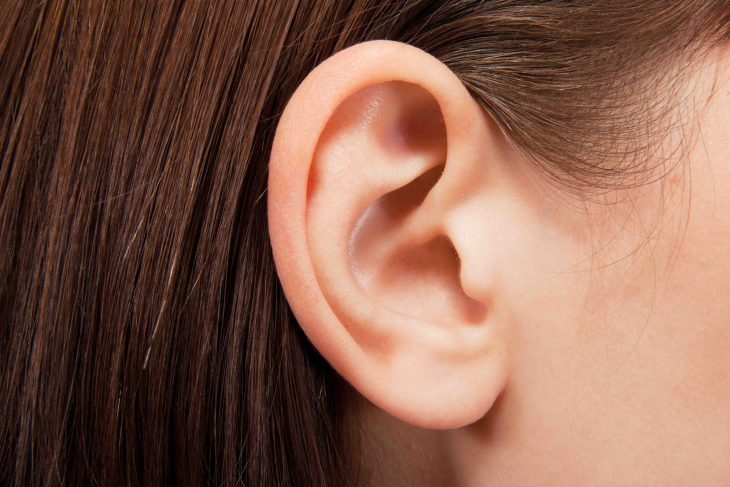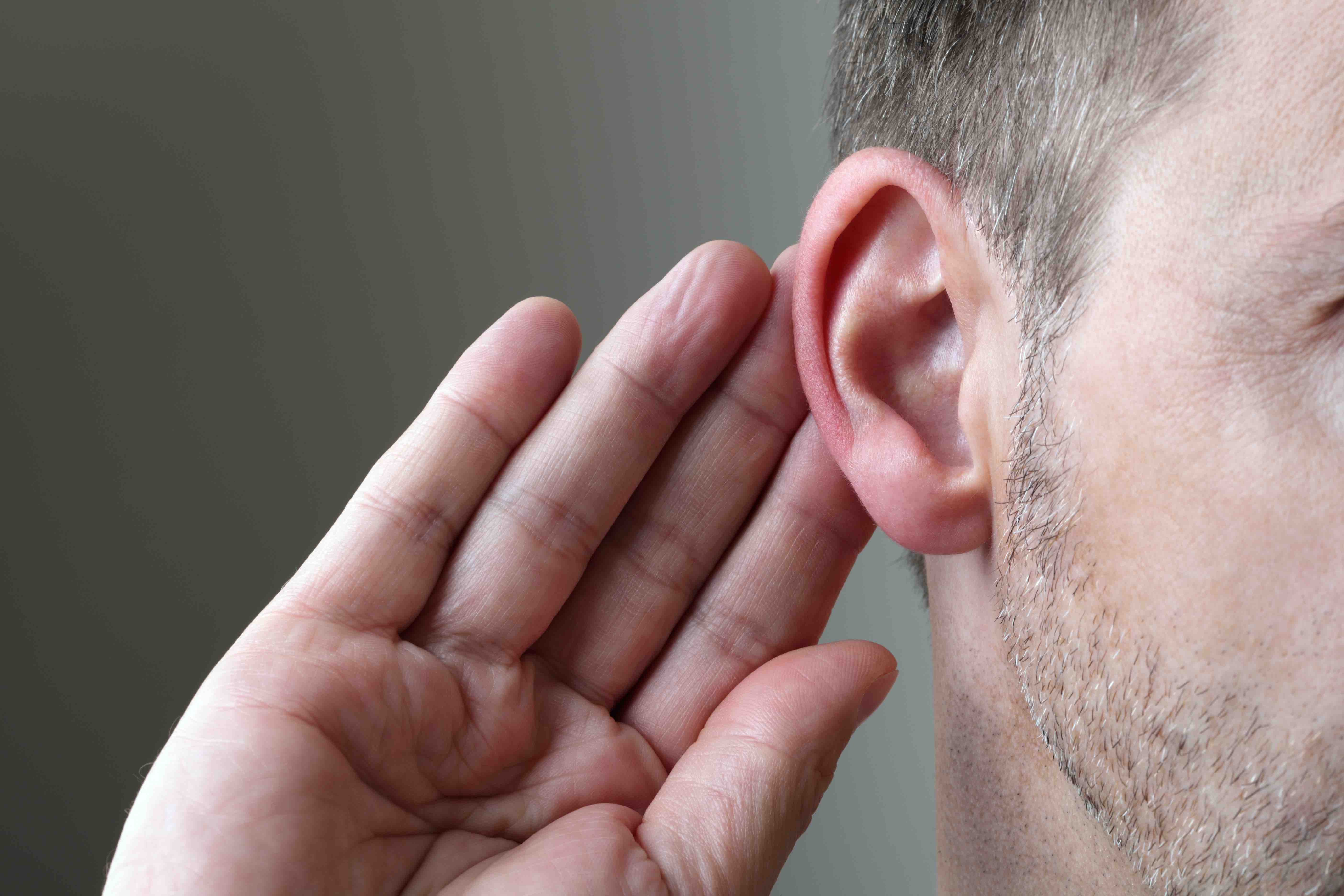
The ear is a remarkable sensory organ that allows us to experience the world of sound. From capturing vibrations in the air to translating them into meaningful sensations, our ears play a crucial role in our daily lives. In this article, we will explore ten fascinating ear facts that will deepen your understanding and appreciation of this intricate sensory system.
The Human Ear Consists of Three Parts
The human ear is divided into three main parts: the outer ear, middle ear, and inner ear. The outer ear includes the visible part of the ear (pinna) and the ear canal. The middle ear contains the eardrum (tympanic membrane) and three small bones called the ossicles. The inner ear houses the cochlea, which is responsible for converting sound vibrations into electrical signals that the brain can interpret.
Ears Play a Vital Role in Maintaining Balance
Apart from hearing, the inner ear is also essential for maintaining balance. Within the inner ear, there are structures called semicircular canals that detect changes in head position and movement. This information helps the brain coordinate balance and spatial orientation.
The Ear Is Highly Sensitive to Sound
Our ears are remarkable in their ability to detect a wide range of sound frequencies. The human ear can perceive sounds ranging from about 20 hertz (Hz) to 20,000 Hz. Different parts of the cochlea are responsible for capturing specific frequencies, allowing us to hear everything from low rumbles to high-pitched melodies.
The Ear Never Stops Hearing
Even when we’re sleeping, our ears are constantly picking up sounds. While our brain filters out insignificant noises during sleep, it remains alert to important sounds, such as an alarm or a baby crying. This is why certain sounds can wake us up even when we’re in a deep sleep.
The Ear Is Self-Cleaning
The ear has a remarkable self-cleaning mechanism. The ear canal produces cerumen, commonly known as earwax, which helps lubricate and protect the ear. As the earwax gradually moves towards the opening of the ear, it carries away dirt, dust, and dead skin cells, keeping the ear clean and healthy.
Ears Help Us Localize Sounds

Our ears work together to help us determine the direction from which sounds are coming. This ability, known as sound localization, relies on the brain’s ability to compare the slight differences in the timing and intensity of sounds reaching each ear. This helps us accurately pinpoint the source of a sound.
Hearing Is a Precious Gift
Hearing is a precious sense that allows us to enjoy music, engage in conversations, and experience the world around us. Protecting our ears from excessive noise exposure and taking care of our overall ear health is crucial to preserving this remarkable gift of hearing.
Ears Are Unique to Each Individual
Just like fingerprints, each person has unique ear characteristics. The shape, size, and even the subtle contours of the ear are distinct for every individual. This uniqueness makes the ear an important identifying feature in forensic investigations.
Our Ears Help Us Communicate Emotion
The ears play a significant role in nonverbal communication. They contribute to our ability to convey emotions by detecting subtle changes in tone, pitch, and volume of speech. The slightest variations in these auditory cues can impact the way we perceive and understand each other.
The Ear Can Be Trained to Distinguish Sounds
With practice, our ears can be trained to detect and distinguish specific sounds. Musicians, for example, develop the ability to discern subtle nuances in pitch, tone, and rhythm. This trained ear enables them to create beautiful music and perform with precision.
Conclusion
Remember, our ears are precious sensory organs that contribute to our overall well-being. By understanding and caring for our ears, we can continue to enjoy the rich tapestry of sounds that surround us.
Frequently Asked Questions (FAQs)
Can loud noises damage the ears?
Yes, exposure to loud noises over time can damage the delicate structures of the ear and result in hearing loss. It is important to protect your ears from excessive noise levels.
Can ear infections affect hearing?
Yes, ear infections can temporarily affect hearing. Inflammation and fluid buildup in the middle ear can disrupt sound transmission. Timely medical treatment is essential to prevent long-term complications.
Can earwax block the ear canal?
Yes, excessive earwax buildup can block the ear canal and cause temporary hearing loss or discomfort. It is advisable to seek professional guidance for safe earwax removal.
Do earphones or headphones pose a risk to hearing?
Prolonged and high-volume use of earphones or headphones can damage hearing. It is recommended to use them at moderate volumes and take regular breaks to protect your ears.
Can hearing loss be treated?
Depending on the cause and severity of the hearing loss, various treatments are available, including hearing aids, cochlear implants, and medical interventions. Consultation with an audiologist or ear specialist is essential for appropriate management.
Was this page helpful?
Our commitment to delivering trustworthy and engaging content is at the heart of what we do. Each fact on our site is contributed by real users like you, bringing a wealth of diverse insights and information. To ensure the highest standards of accuracy and reliability, our dedicated editors meticulously review each submission. This process guarantees that the facts we share are not only fascinating but also credible. Trust in our commitment to quality and authenticity as you explore and learn with us.
